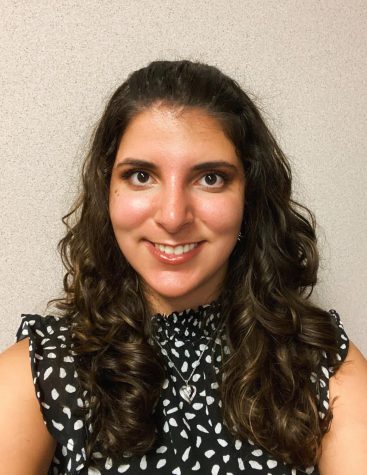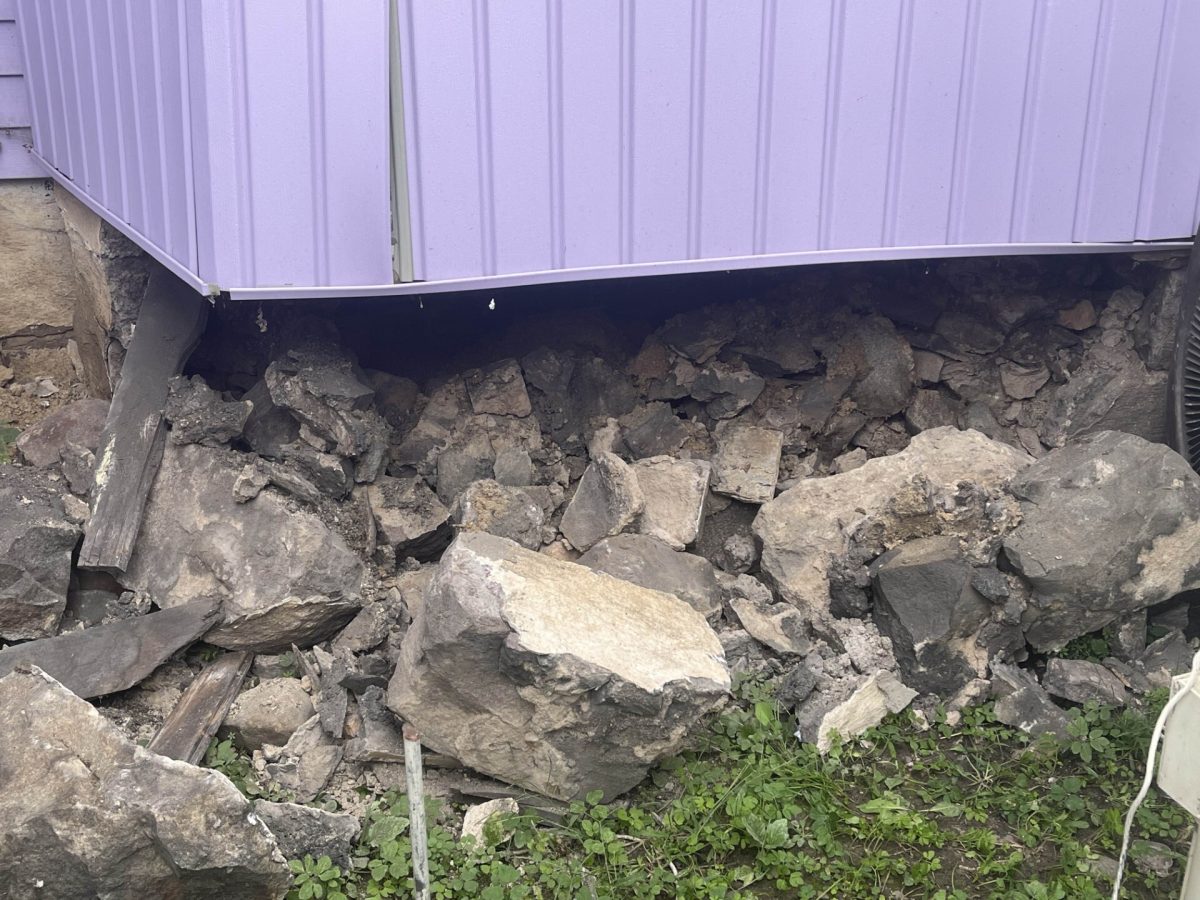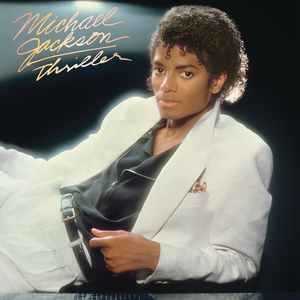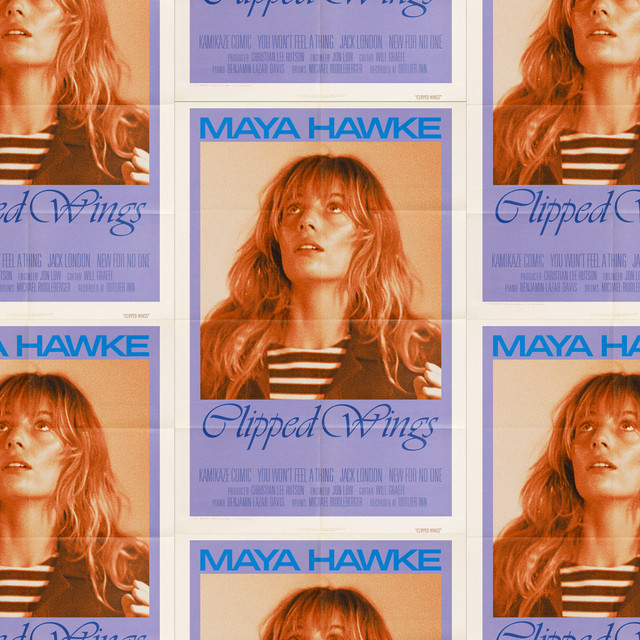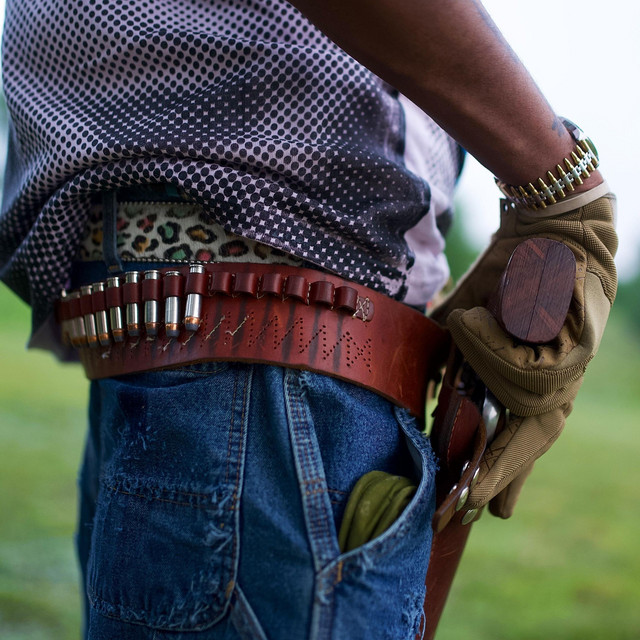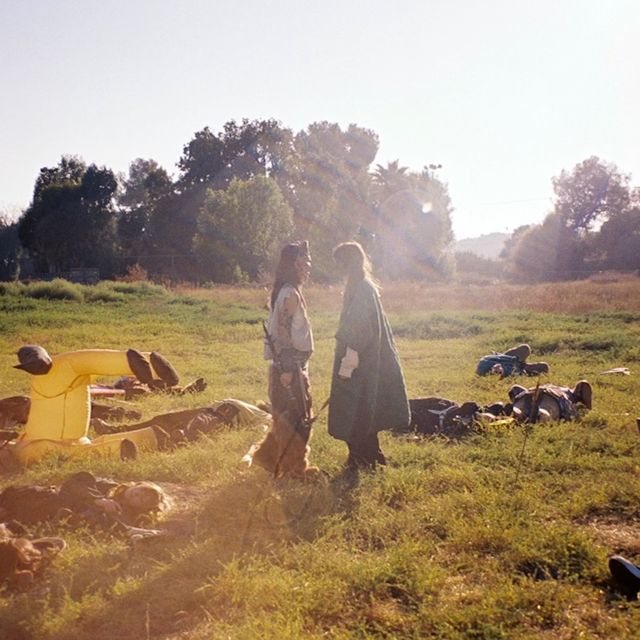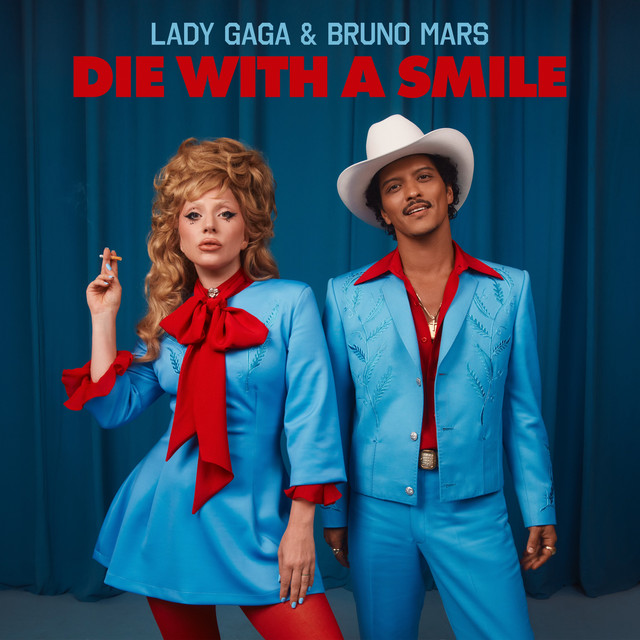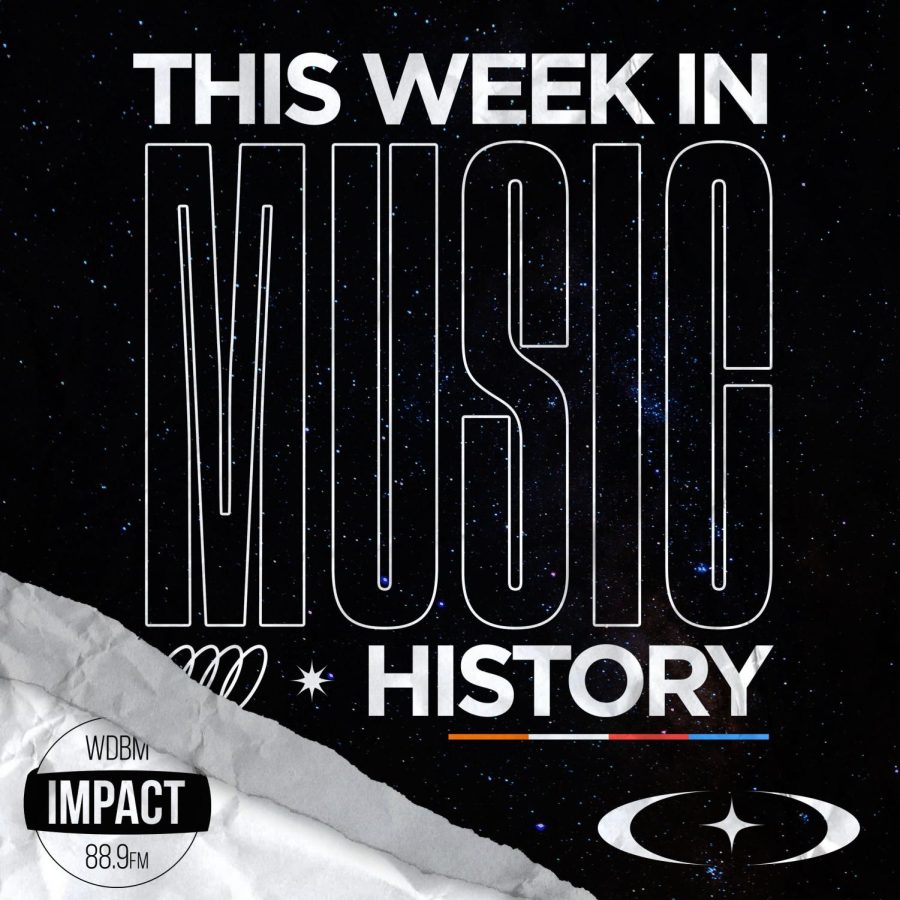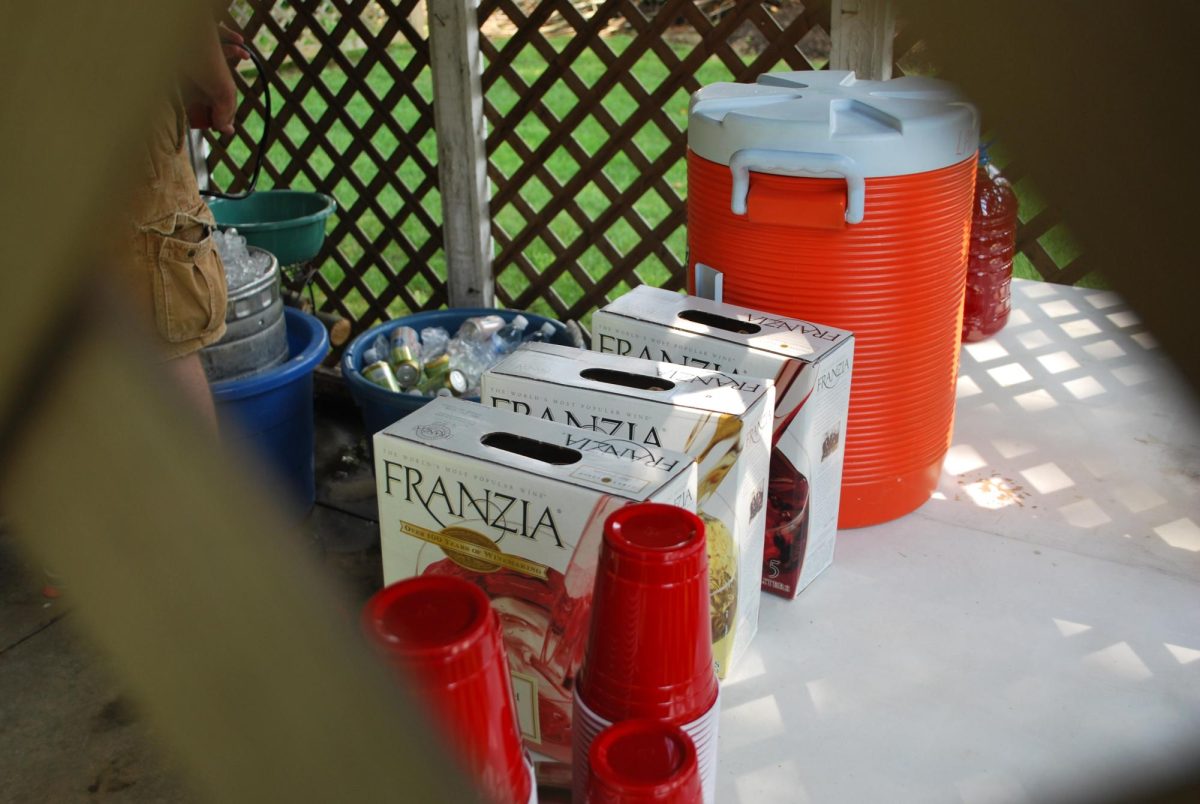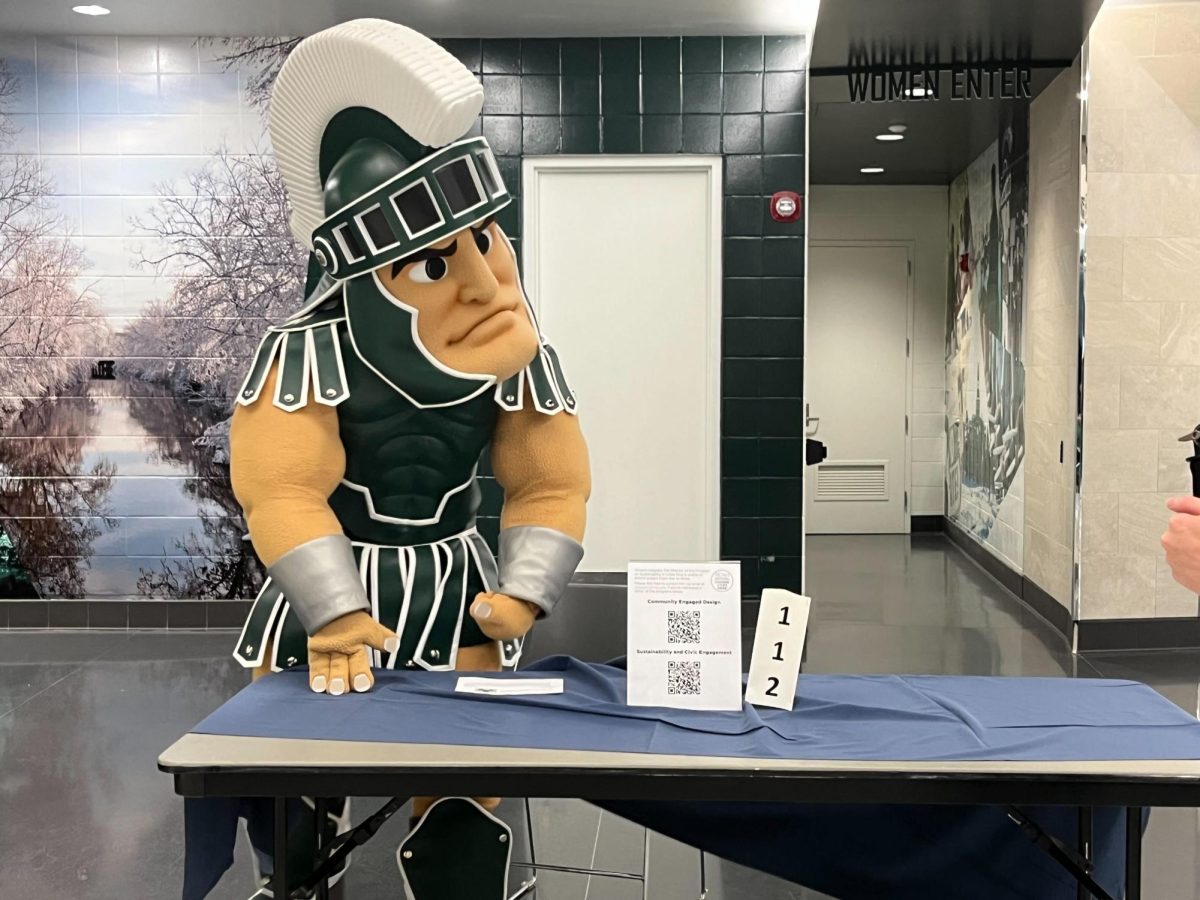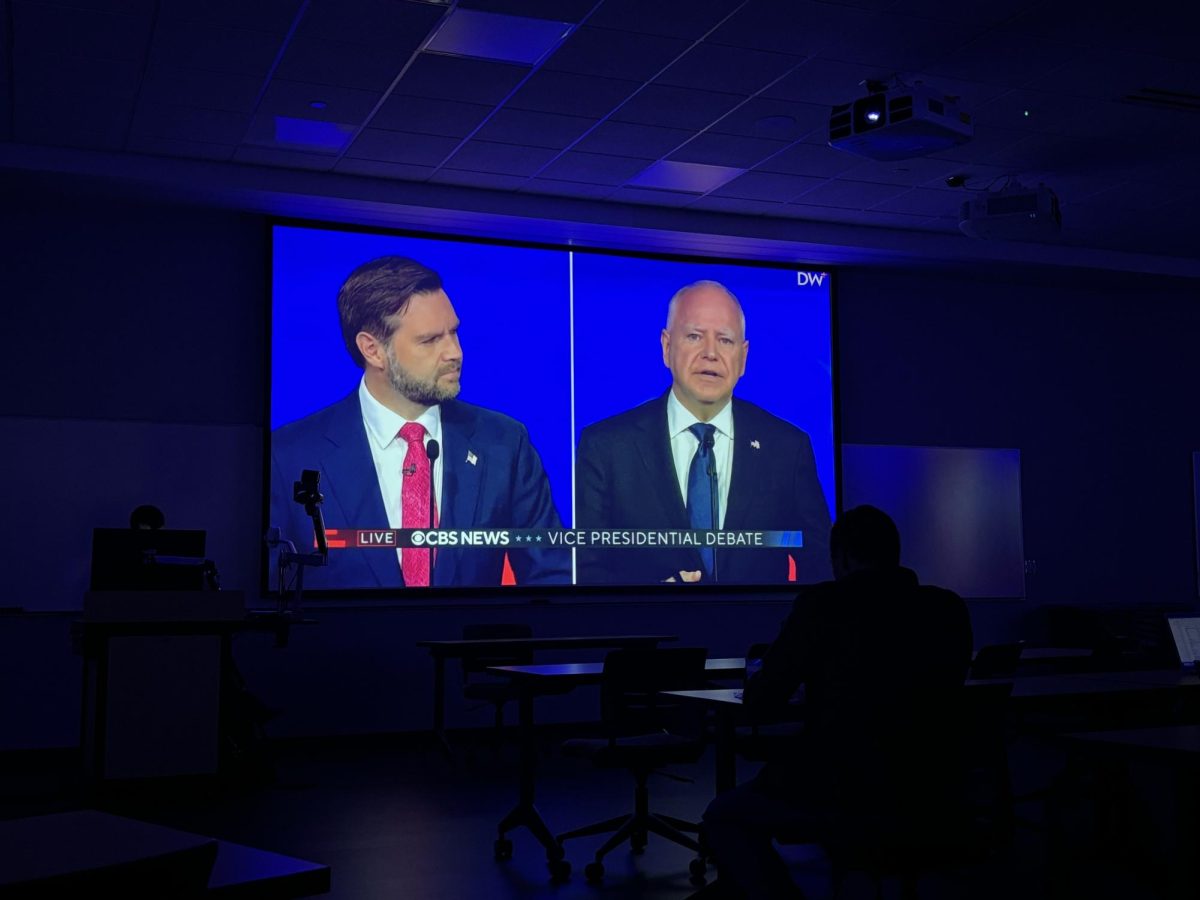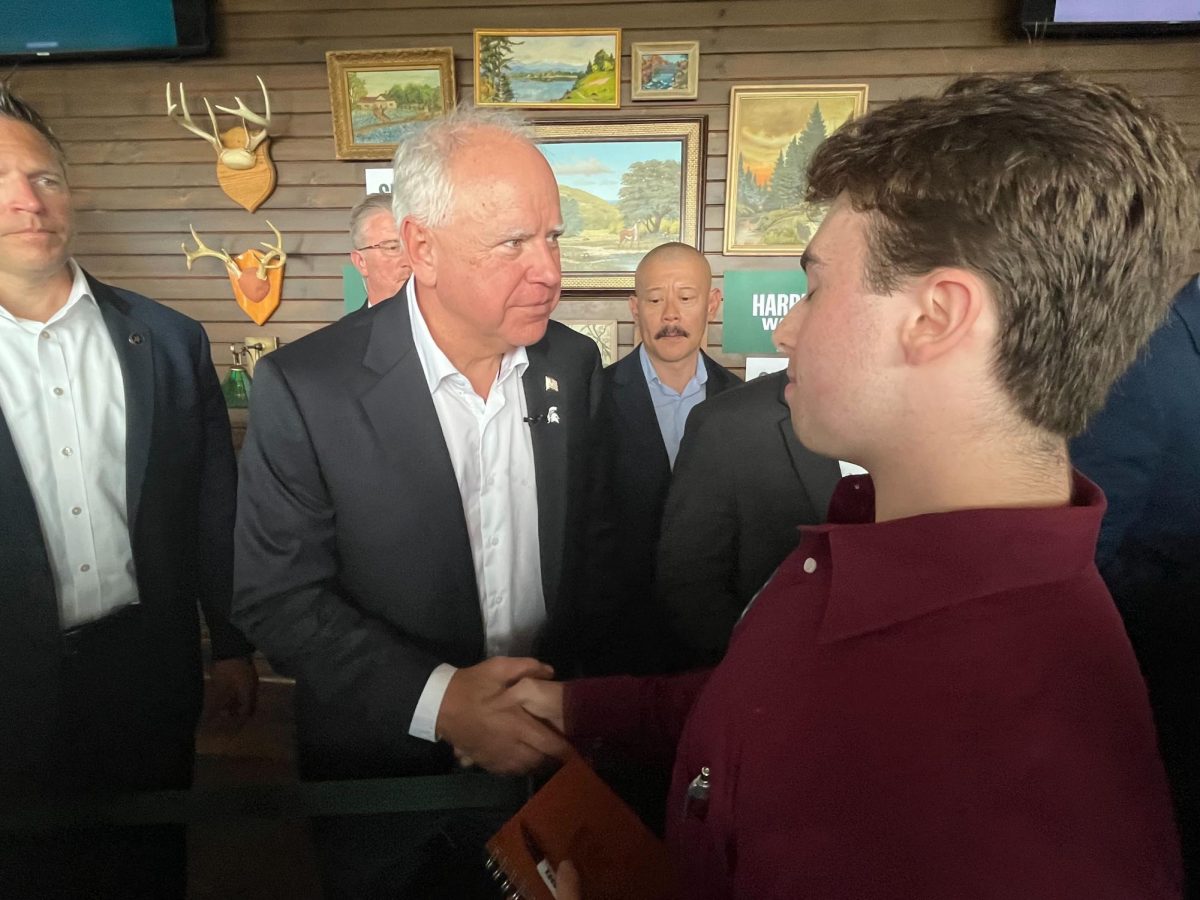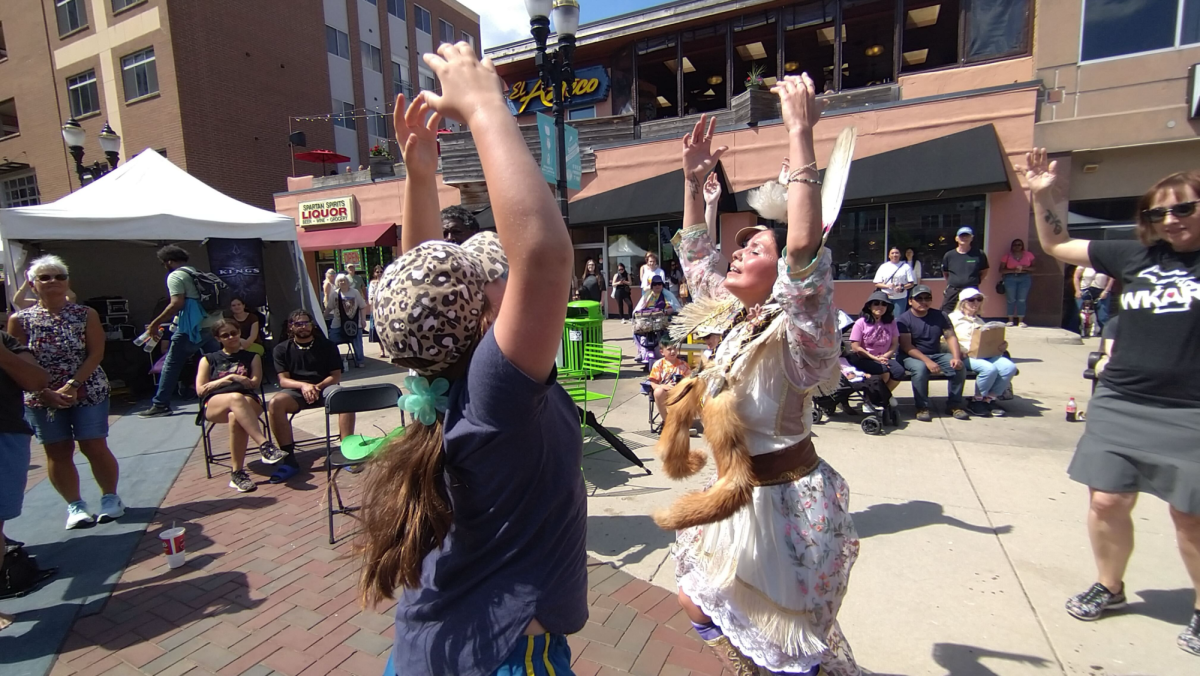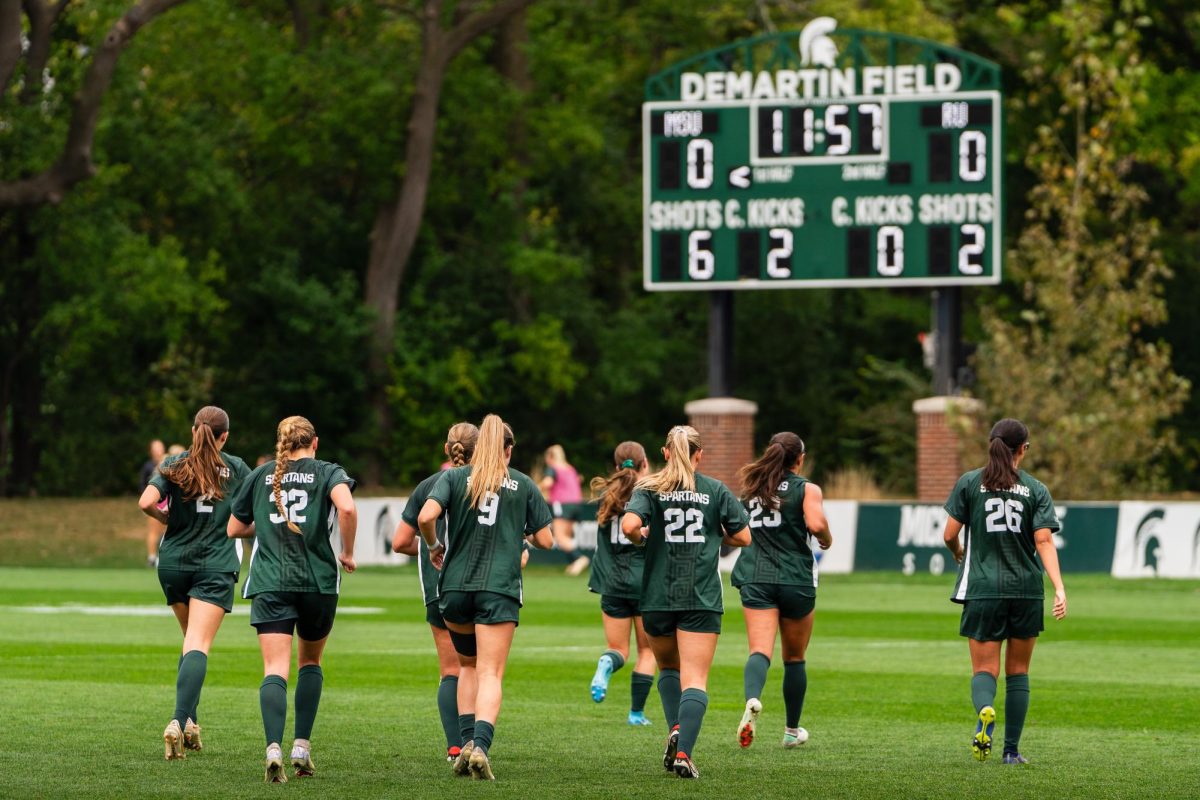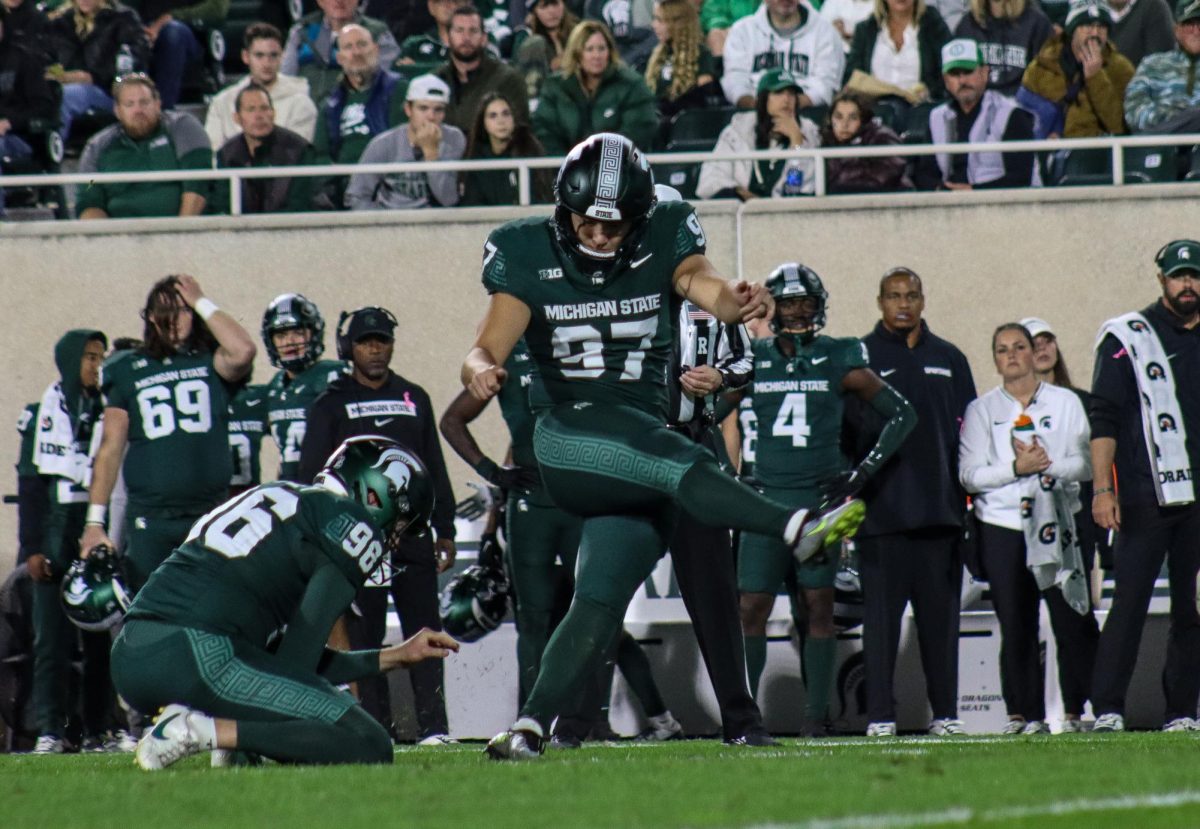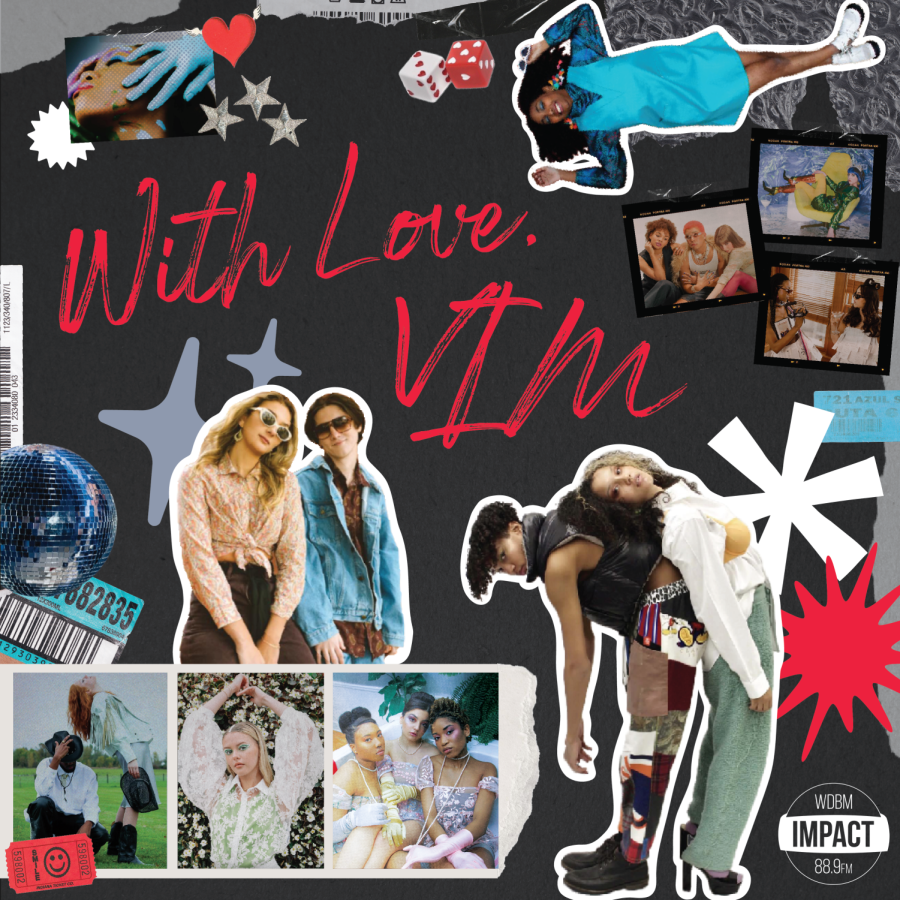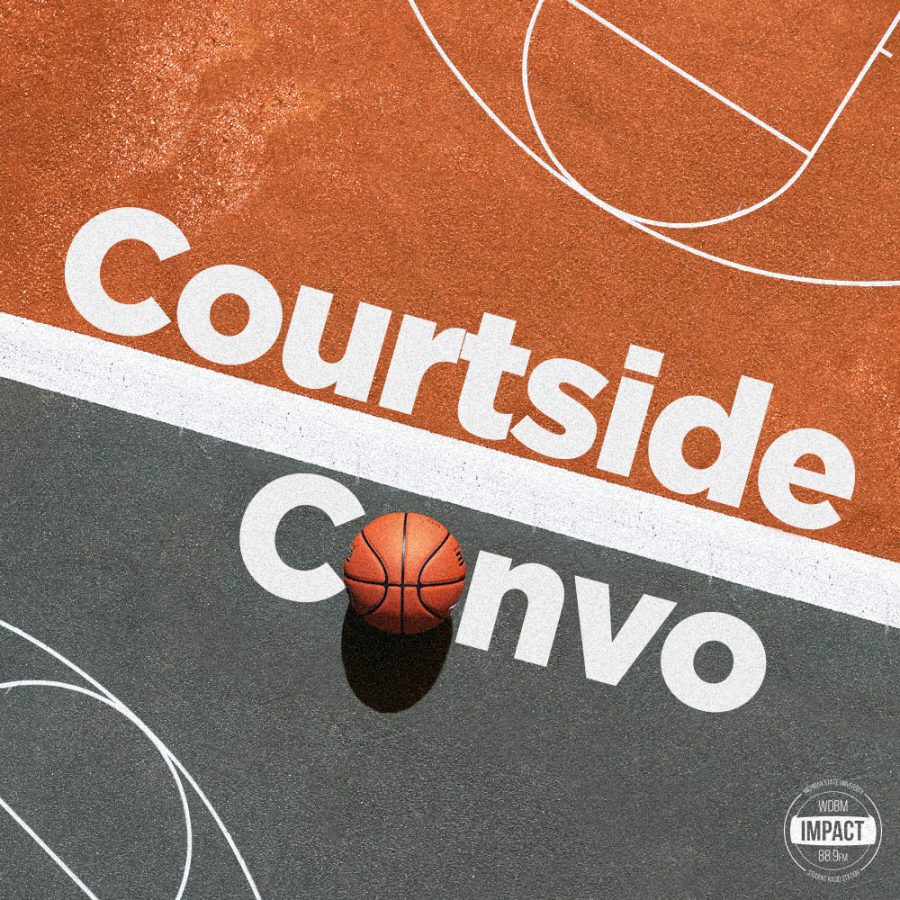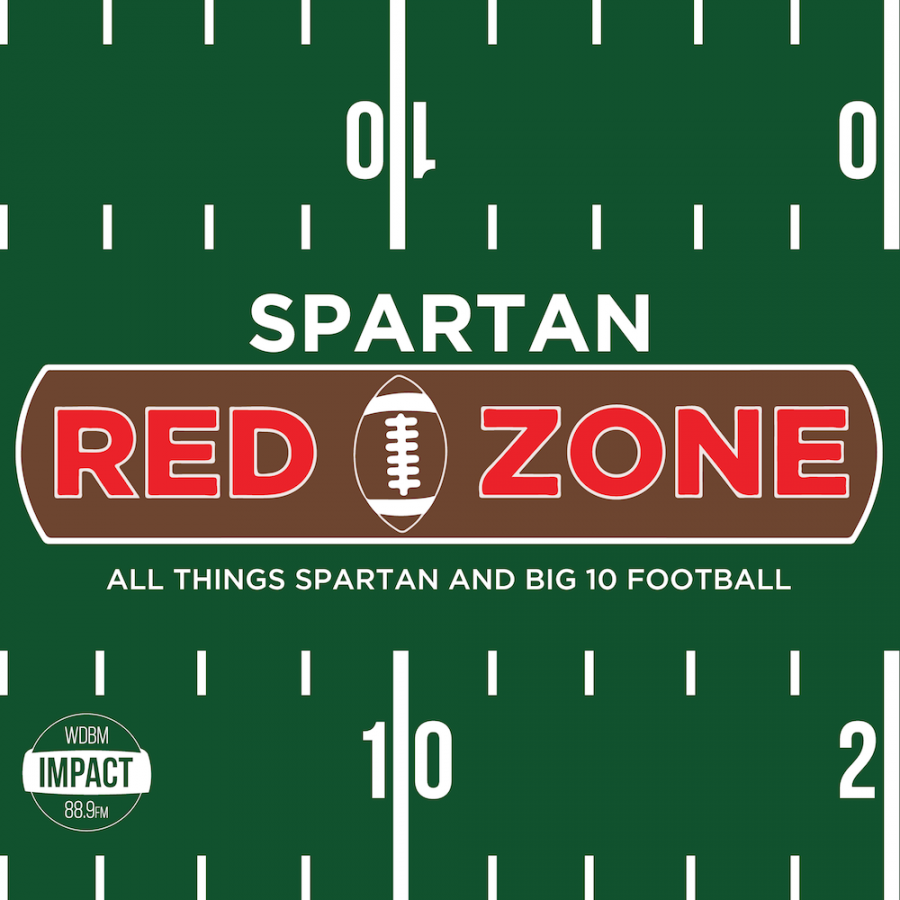Exposure – 5/10/2020 – TRANSCRIPT for MSU Animal Welfare Club
May 12, 2020
Interview Transcript
Connie Rahbany: Hello and welcome to Exposure. I’m your host, Connie Rahbany, and today I’m interviewing with Michigan State University’s Animal Welfare Club. Thank you for joining me.
Lauren Mehram: Yeah, thank you for having us.
Connie Rahbany: So can I have you introduce yourselves and tell me a little bit about you?
Lauren Mehram: So my name is Lauren Mehram. I am a junior student at Michigan state. I’m studying animal science and this previous year I was the secretary for the animal welfare club and I was recently elected as the president for the organization next year.
Tatiana Thomas: My name is Tatiana Thomas. I am going to be entering my fifth year as a senior at Michigan state university’s college of animal science and I am one of the cofounders and was the 2018 through 2020 president and will be the events coordinator next year.
Connie Rahbany: Well, congratulations on your election, Lauren, and that sounds awesome. So what is the animal welfare club and what else can you tell me about it?
Tatiana Thomas: So the MSU animal welfare club is an organization dedicated to both improving animal quality of life and supporting humane animal use through outreach and education. And really our main goal is to build a community of resources and support for the animal industry.
Connie Rahbany: So what is being done to achieve that goal?
Lauren Mehram: So we have many events throughout each semester. We help raise money or fundraise for odd Jack, which is an animal welfare judging team so they can go to competitions and get educated that way. We also volunteer through many organizations in the Lansing area including Potter park zoo, um, Ingham County animal shelter and help out at many events at MSU specifically like block and bridles little international as well as the Horseman’s association green and white fuzzy show.
Connie Rahbany: So what inspired the founding of this club?
Tatiana Thomas: I have a psychiatric disability and raise my own service dog and I did the best I could to give her really good quality care. But after being attacked by another dog at a park, she developed reactivity issues. And it was through talking to my behavior professor, Dr Sigford, at MSU that I learned about animal welfare and how even animals that are set up for success can have an issue similar to trauma you might see in a human and a need to recover from that and I basically pursued animal welfare to learn more about how to help my dog, Lola, and also help other animals in the world.
Connie Rahbany: And then Lauren, what got you involved with the club?
Lauren Mehram: So the club is fairly new and I joined as a freshmen on the first year that it was available to students. I was just walking around my orientation and I saw Tasha there with Lola, and it just was like a true connection and I saw that it could be a real fun opportunity for me. I went to the first couple of meetings and I loved it. Everything that they were doing was just very engaging and it was a smaller club at the time, so I felt like it was a true like community instead of some of the bigger ones where they just, their goal was just to grow and grow instead of like actually connecting with the members themselves.
Tatiana Thomas: It really is our members that make us who we are. Without, you know, the help of my friends and the animal welfare judging team and Lauren and everybody who really came through our club wouldn’t exist.
Connie Rahbany: And you’ve touched on it briefly, but what sort of impact has this had on those involved?
Lauren Mehram: So the animal welfare club has really provided the community for me. Um, as a freshman, I didn’t really know what to do. I didn’t know come in with a lot of people that I already had known. So it’s provided a lot of friendships for me, as well as being able to be elected as an officer. I’ve gained a lot of leadership experience that I can take on later in life as well as find some other people that share my same passion for caring for animals and trying to make them have better lives.
Tatiana Thomas: I’ll second that. It’s really all my best friends I’ve made through this club and it’s provided us with amazing connections, both personally and professionally. So many people have gotten jobs through this club. We’ve gotten animals adopted through our social media. Uh, we’ve gotten donations for various organizations, and we have had students go and intern and get fantastic opportunities just from being involved and having the support we do from the animal science department.
Connie Rahbany: And who can get involved with the animal welfare club
Tatiana Thomas: So pretty much anyone. We actually right now have a really new early education ambassador we’re really excited about. Lynn Lee of Michigan good news is working with us pretty closely. We really enjoy going to Delta elementary school’s science night every year. Um, but we are focused on helping undergraduate students as well as graduate and veterinary students at Michigan state university and also local producers.
Connie Rahbany: And how do you feel about the progress that has been made so far?
Lauren Mehram: So we have made amazing progress within just a few years of the club being founded. Um, we made big impacts on not only our community, but the students that take part in our club. It’s really provided us with different opportunities and ways to like connect with different clubs. So for example, we’ve, um, taken part in the horseman’s association green and white fuzzy show, and we’ve actually started an animal welfare committee for that event and started an enrichment judging competition. So that’s just one example of a way that we’ve kind of made our Mark on an issue.
Tatiana Thomas: In the same vein as Lauren’s speaking, we’ve really enjoyed getting to work with block and bridle on their little international livestock show. This year we got to help remove a, what we call stick point as Temple Grandin might say in uh, the animal care by implementing water buckets rather than a water trough to make sure that those animals are getting constantly hydrated and also to remove the stress of being over handled as they’re taken to and from the water and we also had the opportunity of doing a low stress handling clinic which was extremely exciting.
Connie Rahbany: Now, how do under normal circumstances, how do things typically go meeting wise and group wise?
Lauren Mehram: So, usually we have a meeting about once a month and it selects updates about the club, upcoming events, we usually end up volunteering about at least once every two weeks. Usually we’ve had more consistent volunteerings with the Ingham County animal shelter. But we do have a few events, maybe one big event every month that members can engage in.
Connie Rahbany: Has anything had to change since the global pandemic?
Lauren Mehram: Yes. So we no longer had been able to make our big general meetings the last few months. We had to do our elections for next year completely through zoom and online on which we made it through. Um, but it was a little bit of a struggle just trying to get attached to everything. And we also had our plant sale, which is like our big fundraiser that we do every month scheduled for the day after MSU closed in-person classes. So we were trying to come up with new ways that we can fundraise everything and get enough money for next year.
Connie Rahbany: And Tatiana, did you want to touch on that one at all?
Tatiana Thomas: It’s, it’s been really hard. I know. Especially, I just really miss seeing everyone’s faces. Getting to go and volunteer at the Ingham County animal control was the best part of my week. Um, and just seeing everybody every month and we were really sad. Yeah to have to miss Small animal’s day. But we’ve been making the most of the situation by like Lauren said, doing zoom socials, we’re going to be having a banquet where we all just bring our pets and our food on zoom. I’ve really seen, especially from the general membership real stepping up people, uh finding resources that can help and through our social media pages, trying to provide education and information to the public, uh working with things like that. MSU vet social media as well. So I’ve overall been just really proud to be a part of this organization, especially at this moment in time where leadership is transitioning and these ladies could not be handling it more smoothly.
Connie Rahbany: Now, is there anything that the club is doing right now that you’d like to share.
Lauren Mehram: So we are currently working to put together a zoom, virtual dog training events that will be happening on the weekend of May 22nd. And it will be that Friday, Saturday, and Sunday from 7:30 to 8:30 PM. And we’re working with Dawn and arrow dog training to kind of put on our own fundraiser because the plant sale was canceled. This is kind of a good alternative to try and raise money for the club as well as just provide more activities for our members during this confusing time.
Connie Rahbany: And how about looking ahead, is there anything you have to look forward to at this time?
Tatiana Thomas: I’m really excited personally for the animal welfare assessment contest this fall, which will be taking place at North Carolina state university. Last year our two teams placed first and fourth, and our upcoming vice president Ashley Dunn actually won the entire contest. So. It’s gonna be really exciting to get to learn more and compete and just have that experience if we get to go.
Lauren Mehram: Yeah, and as Tasha mentioned earlier, we have our banquet coming up on May 18th so we wanted to have a banquet and make sure that everybody was celebrated and because we still did have an amazing year, even though it was cut short.
Connie Rahbany: And thinking back on the experiences you’ve had with the animal welfare club, if you could describe it all in one word, what would it be and why?
Lauren Mehram: I guess mine would be growing just because I’ve grown so much as a person because of this club. Um, my friendships have grown, my education at MSU and all of the connections that I’ve had have really grown as well as I’ve helped now contribute to the club to grow to itself. So I think it’s really important that that’s kind of what the animal welfare club is, and we want to not only help everybody in all of our members grow, but everything that we can do can help our community to be better and grow as well.
Tatiana Thomas: I love that. That’s really great. Along with growing. I’d say kind of feeling supported is one of the biggest things, kind of support both being able to give it to other people and receiving it from your friends and coworkers and in the organization and advisors are wonderful so yeah, support companionship.
Connie Rahbany: And for those of us who might not know what this is, what is the three circles model?
Lauren Mehram: So the three circles model is a way to assess animal welfare, and it kind of looks like a Venn diagram. Um, but the three circles that are included in that is emotional state, natural behavior, and biological health. So emotional state is, are the animals free from any negative emotions, and are they actually happy where they are? Natural behavior is kind of giving the animals access to behaviors that they would be able to perform in the wild. So are you providing them with the materials that they’re able to, so like for example, birds like to dust bathe, so are you giving them access to be able to do that. And also biological health. So are the animals physically healthy? Um, do they have any injuries and are they able to get vet care if they need it?
Connie Rahbany: Now, if there’s anyone listening to this right now that is interested or could benefit from this, what would you say to them?
Tatiana Thomas: The best thing to do is to just reach out to us. We’ve got a social media. You can find us at MSU AWC on Instagram and Facebook, and our email is [email protected]. Animal welfare is a growing field. We need more people and we are always excited to work with you, whether you’re vegan or a carnivore. We are just excited to get to work with animals and help you help them.
Connie Rahbany: And Lauren, did you want to touch on that at all?
Tatiana Thomas: I think Tasha covered it pretty much, but if you’re coming into MSU and you’re a freshman and you’re just on the fence, just don’t be afraid to reach out. Come to a meeting if you want to explore and see what we are, and then feel free to, if you never want to talk to us again, well that’s perfectly okay. But we’d love to have you and anyone that wants to join our amazing community.
Connie Rahbany: Is there anything else that you’d like to add that I might not have asked you about?
Tatiana Thomas: Well, I guess first off, I’d like to thank our cofounders, who all can give you their wonderful stories of how they got into animal welfare and why they decided to start this club. Uh, Anna Bosgraaf, who is now a vet student at MSU, Morgan Richmond, who is the animal welfare officer at egg innovations. Sarah Prochaska, who is going into vet school at MSU, and my best friend and roommate, Sophie snow, who works at the brash labs at MSU. I’d also like to thank our advisors dr Carly O’Malley, dr Kaitlin Wurtz, and dr Jackie Jacobs and our contributors. Dr. Dennis Swanson and dr Siegford. Dr Siegford won the APMA 2020 humane award this year and I could not think of a person more deserving to win this award. And also in case you guys are interested, there is a kind of old animal welfare concept called the five freedoms. And we have kind of a silly little song about it.
Freedom from hunger and thirst. Freedom from fear and distress. Freedom from discomfort. Freedom from pain, injury and disease. Freedom to behave naturally. These are the five freedoms every animal needs.
Connie Rahbany: Awesome. Did you write that yourself?
Tatiana Thomas: Um, well, they are the five freedoms of animal welfare, which were written by the farm animal welfare council in I believe 1960 after, um, the publishing of Ruth Harrison’s book animal machines.
Connie Rahbany: Well, that was amazing. Thank you for sharing that. Is there anything else that you wanted to add that I might not have asked you about either.
Lauren Mehram: No, I think, I think you covered everything.
Connie Rahbany: All right. Well, I want to thank you for speaking with me and being available to interview.
Lauren Mehram: Thank you so much for having us it was a great time.
Tatiana Thomas: Thanks so much, Connie.


